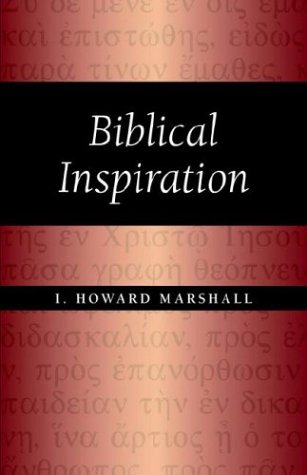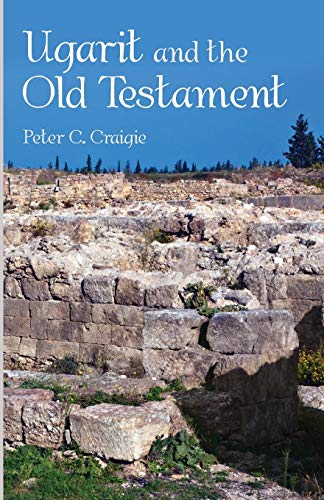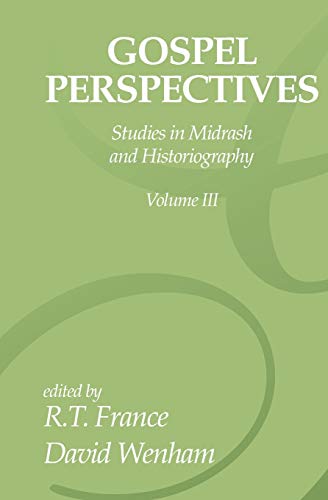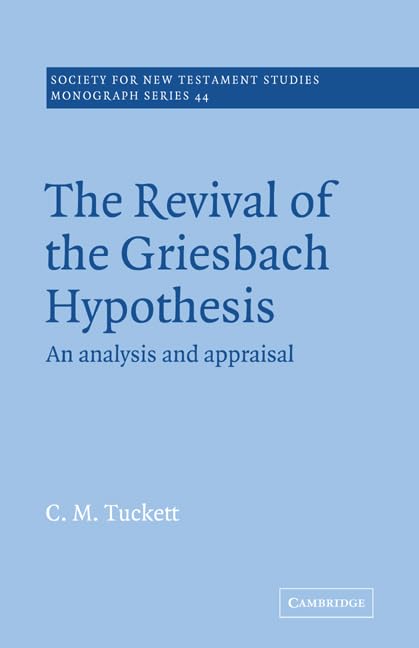This book from Professor Marshall forms the W. H. Griffith Thomas Lectures for 1981, delivered at Wycliffe Hall, Oxford, and in his preface the author admits the dilemma he is placed in by the topic: ‘Should I so much as deviate to the left and suggest that not all that Scripture says is true in the strictest sense of that term, I shall come under strong criticism and possibly even excommunication from the right, not simply for saying so, but for saying so as a confessed evangelical; and should I throw in my lot unreservedly with my colleagues on the right, I shall undoubtedly suffer at the hands of my colleagues on the left, who will doubt not only any claim that I dare to make to be a biblical scholar but also my sanity’ (p. 7). Thereby Professor Marshall sums up what for me is both the greatest strength and the greatest weakness of this book, for he is, as we are all aware, a brilliant cataloguer of others’ views, usually providing a penetrating critique of them at the same time. However, this also means that at times one is left feeling ‘Will the real Howard Marshall please stand up?’
The structure of the book is to begin by examining the Bible’s own testimony about itself, having spent some time opening up the problems there are in the whole idea of biblical authority today. Here he treads the well-worn track of John Wenham’s argument in Christ and the Bible, although seeming to miss some of the stronger statements of Paul about his authority and that of his letters (2 Thes. 3:6, 14f.; Col. 4:16, where it seems clear that the apostolic letters would be read aloud alongside the readings from the OT in the church’s meetings, and so on). He then tackles the meaning of ‘inspiration’ and enters the so-called ‘inerrancy debate’, usefully expounding the views of both sides, but without any clear conclusion. He criticizes some forms of inerrancy as being irrefutable, and at the same time sees clearly the problems of ‘limited inerrancy’, because of the close tie-up between historical and theological statements in the Bible. His view of ‘infallibile’ seems to be that the Bible is infallible for the purposes for which God inspired it (so p. 53), and thus the real issues become issues of interpretation, because that is how cash value is given to statements about authority. In this he seems to me to be wholly correct, and I suspect that much modern debate about terminology misses the centrality of what Scripture means. Thus the view that Scripture is infallible ‘in all that it affirms’ leaves open the question of what Scripture does affirm, and allows for charitable disagreement in this area.
It is in the area of interpretation that some of the best things in this book come. There is a very useful discussion of ‘Maranatha’ in 1 Corinthians 16:22, which acts as a springboard into other issues, and underlines that we are all biblical critics. There is a good introduction to the historical-critical method and a helpful introductory critique of its presuppositions, and all this leads into the question of when do you suspend judgment and when do you qualify your doctrine of scripture if faced with a problem. Whilst admitting that there is no simple formula that will solve our problems, I was left wishing that more help had been given on this issue.
Finally, Professor Marshall turns to the use of the Bible today, and answers several questions in the area of the relation of the Bible to other authorities and indeed as to whether we need an authority in religion at all.
This is not an academic book in the sense of Professor Marshall’s more usual writing, and in trying to popularize he succeeds to a certain degree. This is a book for the ‘thinking layman’ category, or for a thoughtful sixth former taking religious studies. It left this reviewer finally feeling ambivalent: it is a splendid introduction to the issues, but I am unsure whether it makes a real contribution to the debate.
Steve Walton
Steve Walton
Trinity College
Bristol, England, UK






